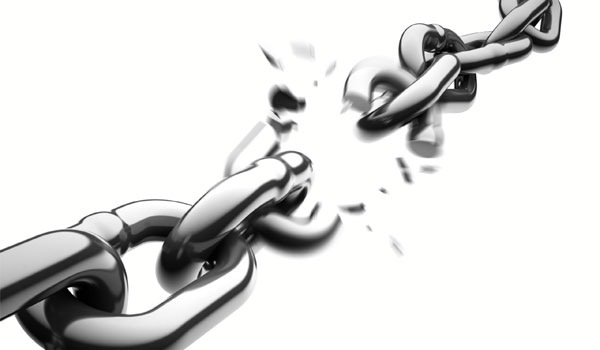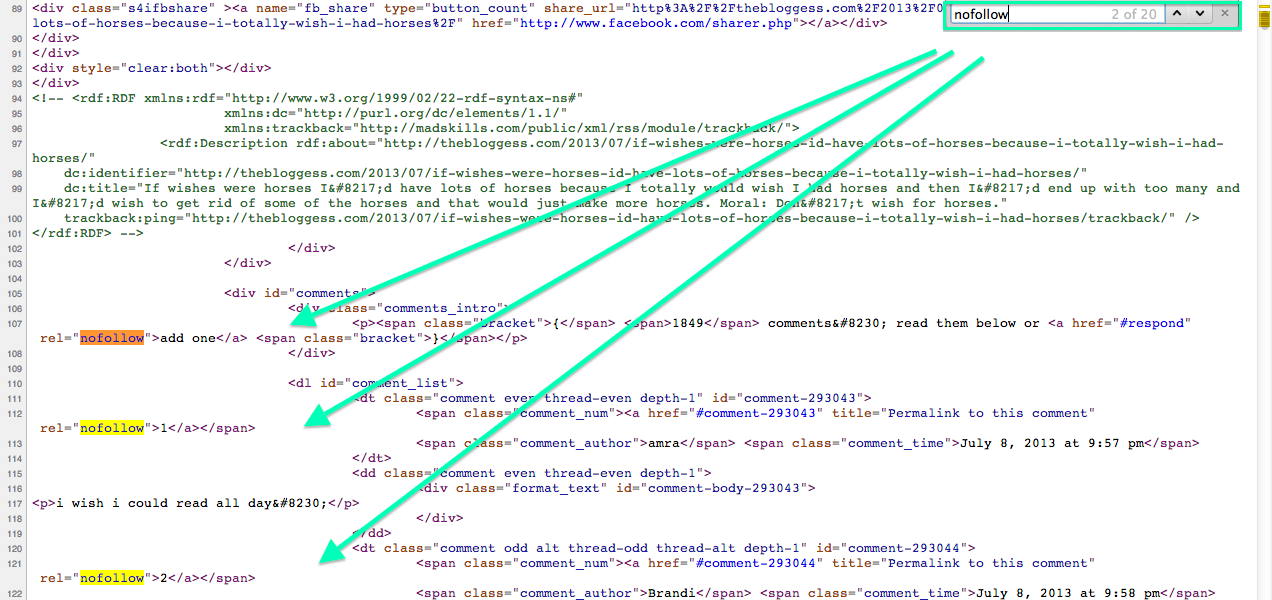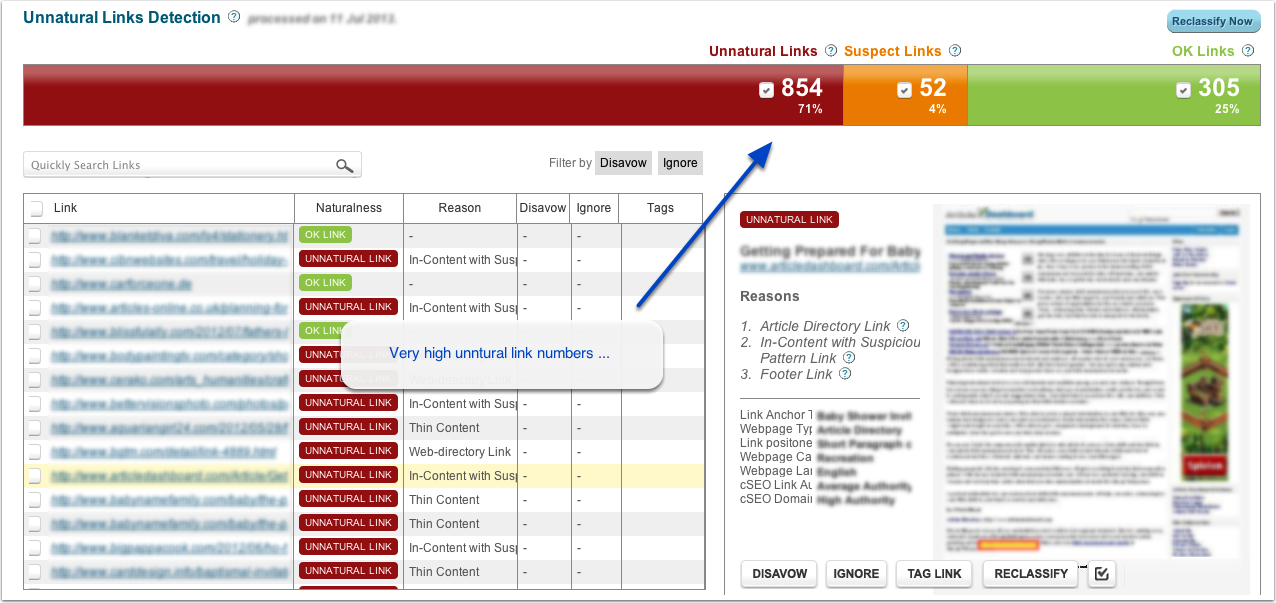The rules regarding link building are always changing. In a recent Google+ live hangout, Google’s webmaster trends analyst, John Mueller, states that links, while still an important part of Google’s ranking algorithm, they aren’t the only factor that matters. Many webmasters invest massive budgets in link building, striving to rank higher in search engines and stand at the top of search engines. But if done incorrectly, link building can do more harm than good, so brands should better review and reconsider their strategy to avoid penalties.
Outlined below are 4 costly link building mistakes that you might be making.
1. Investing in “NoFollow” Links
Discreet link exchange can help your website rank higher as long as it’s done smartly and sparely. However, an increasing number of webmasters attempt to cheat brands by placing links with the “nofollow” attribute on their websites. The “nofollow” attribute instructs search engines that the link should not influence your ranking, so it may as well not be there. This, in turn, results in pointless investments that don’t benefit your website and keep its rank at status quo.
To avoid this, you should regularly check to see if your backlinks have the “nofollow” attribute. This is usually quite simple, and can be done by inspecting the HTML source of the page where the link has been placed. Alternatively, you may use a nofollow add-on/extension for your browser, which will tell you whether the link is a “dofollow” or not.
2. Getting Good Quality Links with Irrelevant Anchor Texts
One of the biggest link building mistakes you should look out for are irrelevant anchor texts. Many websites with an established authority and high PageRank might link back to your website, which in turn helps you rank higher in search engines. But when the link has an irrelevant anchor text such as “Click Here” or “Read More,” it no longer is valuable. The anchor text of a link should be relevant to your niche and give both search engines and users an idea about the content that they’re going to find by accessing the link.
When the anchor text is relevant, search engines will know that your entire website provides relevant and quality information about it. For example, if the link points to a page about “how to hire a digital marketing agency Australia,” a good anchor text would be “efficient tips for hiring a digital marketing company in Australia.” It’s highly relevant, and will definitely help your website rank higher for that specific phrase.
As a rule of thumb, you should always make sure that your backlinks have your main keyword phrase as the anchor text. You could also use the same keyword phrase that you’ve used for optimizing the page that the link points to.
3. Linking to Websites with Bad Reputation
If your website is currently popular and boasts a relatively high PageRank, you can expect a lot of other websites in the same niche trying to get backlinks from you in an attempt to rank higher in search engines. While some websites may be worth linking to due to their high quality content, readership and domain authority, others may have a bad reputation due to employing unethical strategies to manipulate their ranking. It’s better to avoid linking to these websites if you want to maintain a good reputation, popularity and authority, otherwise you risk getting penalized.
Even if you are offered money for linking to a website, you should decline it if its reputation is bad. In case of a website with a good reputation, the back linking process should be extremely subtle and discreet to avoid Google penalties.
4. Buying Backlinks from Irrelevant Websites
A common link building mistake that many webmasters make is buying links from websites outside of their target niche. In their hunt for backlinks, webmasters don’t really pay attention to whether a website is relevant to their niche as long as it has a relatively good PageRank and authority. As such, it’s not uncommon to see tech websites linking to fashion websites, or health websites linking to automotive websites. But despite their popularity and authority, backlinks from irrelevant websites are completely useless and won’t help your website rank higher. What’s more, search engines have grown to identify ranking manipulation attempts through artificial backlinks – and links coming from completely different websites are a red flag.
Get backlinks specifically from websites that are relevant to your niche if you want to get your own ranked higher. Use a tool like Backlink Builder to find suggestions and identify compatible websites in your niche.
Knowing what is safe and what isn’t can be very difficult when it comes to efficient link building, especially since Google keeps changing the rules frequently. If you are unsure of the best strategies to employ, consider hiring a local digital marketing company in your area to handle the process. These companies have the experience, expertise and resources to identify the most productive back linking opportunities for your website, and implement discreet strategies that will make a difference in how you rank in search engines.






Leave a Reply